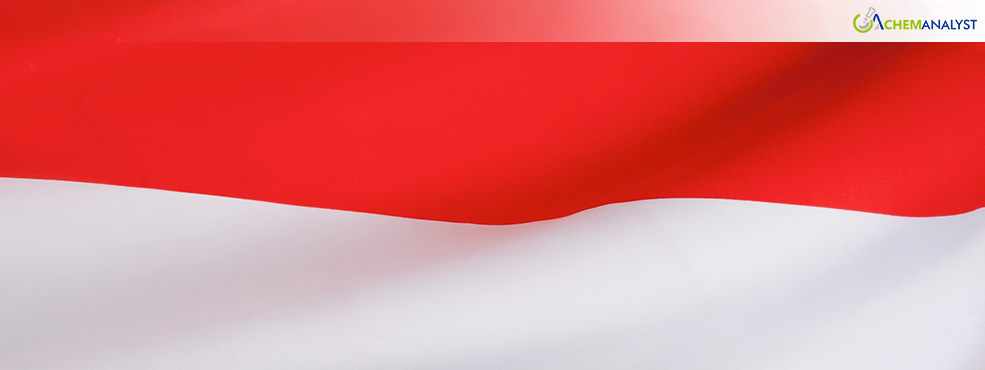Welcome To ChemAnalyst

Indonesia’s ambitious plans to expand its biofuel programme in 2024 are facing a significant hurdle, as surging palm oil prices push up the costs of biodiesel. The country, which is a leading global producer of palm oil, aims to increase the proportion of palm oil used in its biofuel mix to 40% from 35%, starting in the new year. However, the recent spike in palm oil prices is complicating this transition, leading to higher expenses for consumers, fuel retailers, and palm oil producers alike.
To support its blending mandate, the Indonesian government typically subsidises biodiesel, using funds collected from levies on palm oil exports. However, the recent surge in palm oil prices has raised concerns that these levies will not be sufficient to cover the increasing subsidy costs. As a result, the government faces a significant funding gap, putting pressure on its efforts to keep biofuel affordable.
Dida Gardera, a member of the steering committee overseeing the Oil Palm Plantation Fund Management Agency, which handles these funds, explained that the current palm oil prices are too high to fully fund the subsidies needed for the biofuel expansion. Gardera stated that the agency is in the process of revising the levy structure in response to these challenges, with the goal of ensuring the sustainability of the biofuel programme.
Palm oil prices have soared due to a combination of factors, including global supply constraints and rising demand. The commodity’s price surge has made biodiesel production more expensive, which in turn affects the retail price of biofuel. While the Indonesian government intends to raise the volume of palm oil used in biofuels to reduce the country’s reliance on imported fossil fuels, the economics of doing so have become more complex with the increasing cost of palm oil.
As part of the government’s plan, the B40 biodiesel (a blend of 40% palm oil and 60% diesel) will be subsidised only for the public service sector, which accounts for about 7.5 million kilolitres of fuel. This means that the subsidies will not extend to the private sector, and fuel retailers will either have to absorb the higher cost of biodiesel or pass it on to consumers. This move could lead to increased fuel prices for the general population.
For the palm oil industry, the situation presents a double-edged sword. While the demand for palm oil in biofuels could provide a boost for producers, the rising prices threaten to erode the profitability of biofuel production, especially as the cost burden is transferred to consumers. Additionally, the government’s increased export levies, which aim to offset the higher costs of biofuel subsidies, could strain global trade relations and impact Indonesia’s palm oil exports.
With the expansion of the biofuel programme now linked to both domestic policy and global market fluctuations, Indonesia’s biofuel future hinges on balancing the cost of palm oil with its energy ambitions.
We use cookies to deliver the best possible experience on our website. To learn more, visit our Privacy Policy. By continuing to use this site or by closing this box, you consent to our use of cookies. More info.
